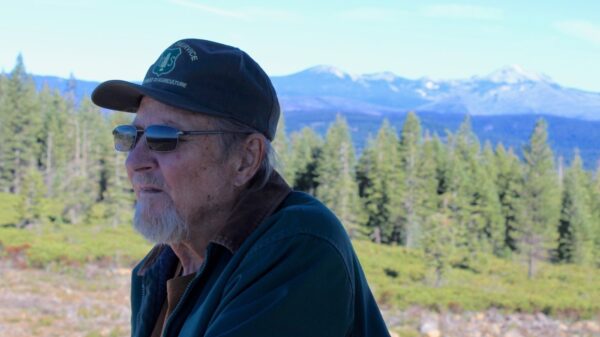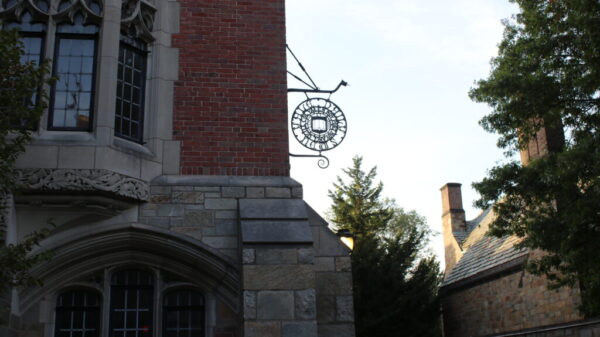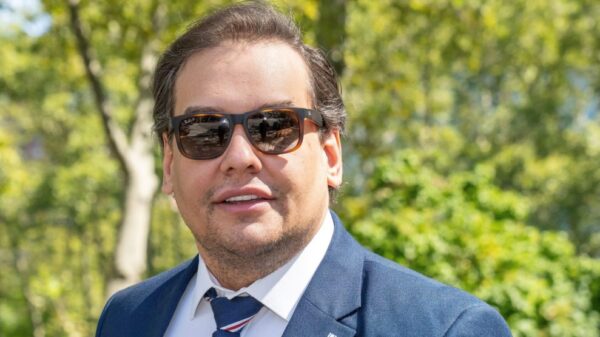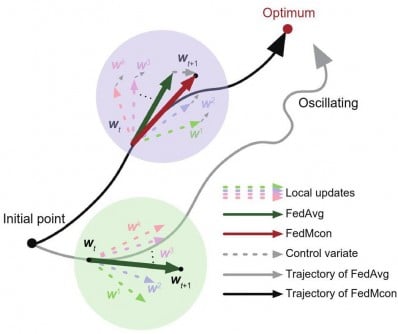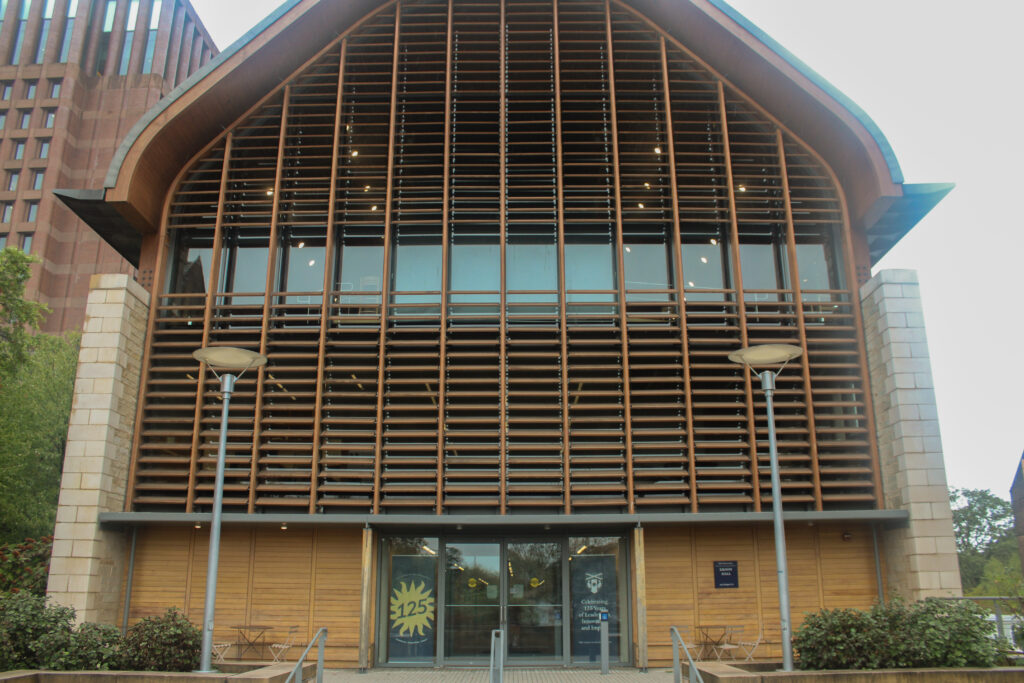The Yale School of the Environment will launch two new accelerated degree programs in August 2024, targeting mid-career professionals. The Executive Master of Environmental Management (EMEM) and Executive Master of Forestry (EMF) are designed for individuals with at least ten years of experience in their respective fields. These one-year residential programs aim to provide a comprehensive educational experience similar to the school’s traditional two-year degrees.
Dean Indy Burke stated, “Our traditional two-year degree programs offer an unparalleled educational experience for early-career professionals. The executive master’s degree programs will provide the same high-touch immersive experience but in a highly personalized program that is designed specifically for senior leaders and mid-career professionals.”
Reviving a Historic Approach
The new programs are a revival of the School of the Environment’s original one-year master’s programs that existed under the same names as the current offerings. Mark Ashton, director of Yale Forests and senior associate dean for The Forest School, emphasized the importance of this structure, noting that the accelerated format allows professionals to immerse themselves fully in their studies.
The EMF program, for instance, specifically requires applicants to have a background in forestry, natural resources, or a related environmental field, along with substantial work experience. This structure ensures that participants are well-equipped to engage deeply with the course material.
Alumnus Agustín Carbó, who completed the mid-career residential program in 2011-12, reflected on his experience. He described his time at Yale as transformative, leading him to roles such as the inaugural chairman of the Puerto Rico Energy Bureau. “This was an amazing experience,” Carbó said, expressing his desire to have taken even more classes. “Like my advisor, Prof. Brad Gentry, told me, ‘This is like a candy store.’”
Fostering an Engaging Learning Environment
The fully residential nature of the programs allows students to spend an entire year on Yale’s campus, promoting collaboration and intellectual exchange among peers. Kenneth Gillingham, senior associate dean of academic affairs, highlighted the value of bringing experienced professionals into the academic environment. “There has long been an interest in bringing in a small number of mid-career environmental leaders to the Yale School of the Environment, as they add greatly to intellectual discourse,” he noted.
Ashton further explained the significance of an immersive educational experience, remarking on how the fast-paced advancements in environmental science and management make it challenging for professionals to stay updated. “Once you are in a job and in the daily routine of work, it is very difficult to take time out and catch up on the tremendous advances in knowledge on the science and management of the environment,” he stated.
The launch of these executive programs marks a significant step in providing advanced educational opportunities tailored to experienced professionals. As the environmental landscape continues to evolve, the Yale School of the Environment remains committed to equipping leaders with the knowledge and skills needed to tackle pressing global challenges.





